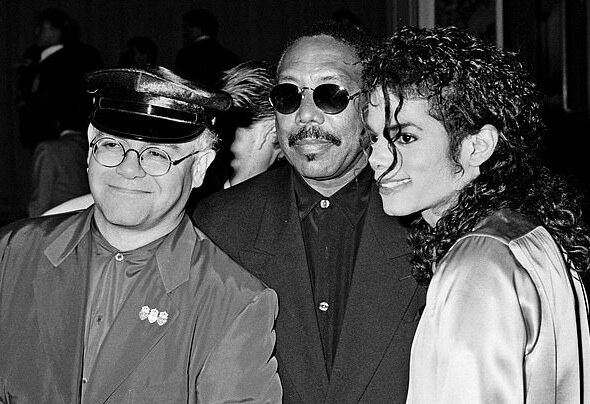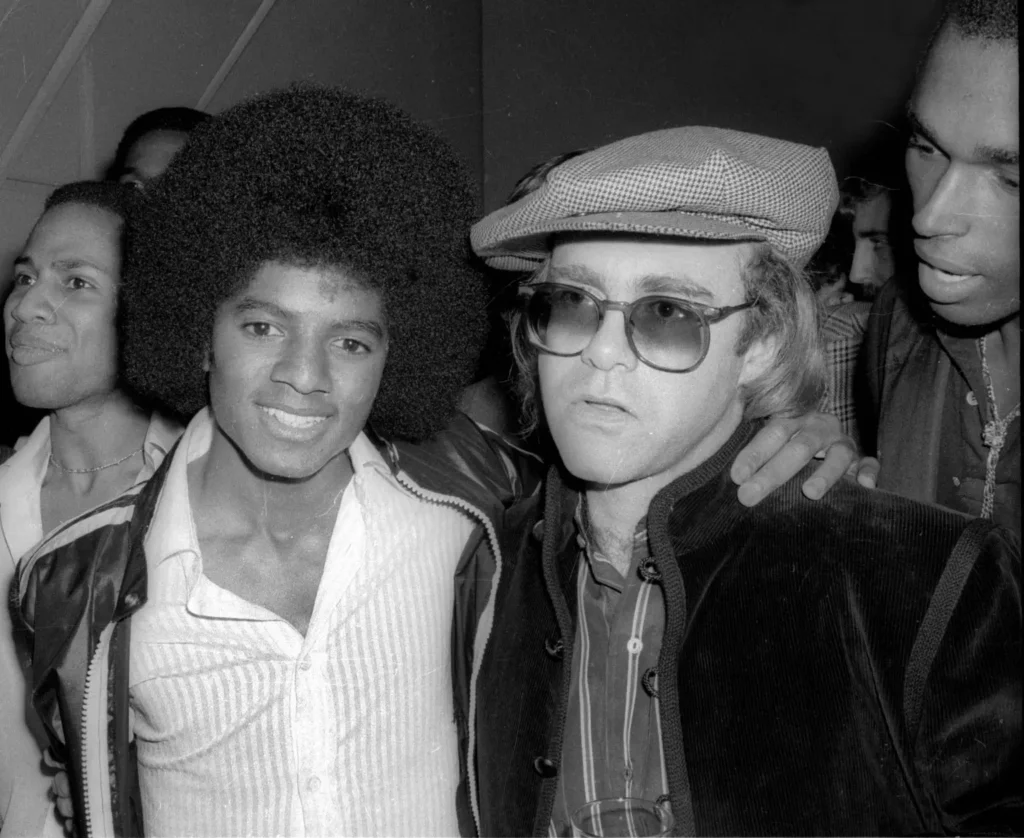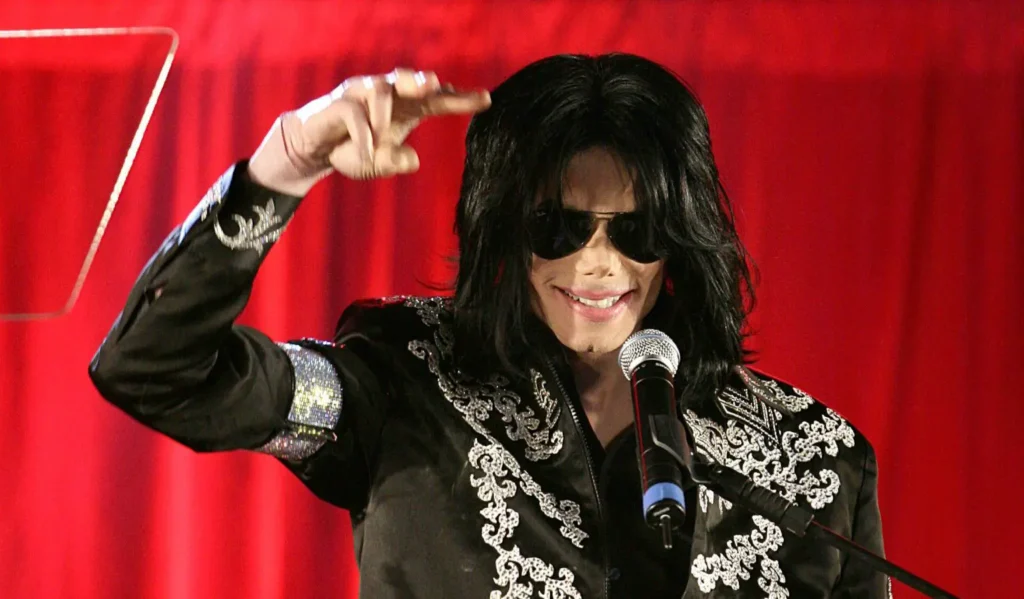
In the impoverished Gaza Strip, where most people struggle to make ends meet amid a crippling blockade, the suffering of stray dogs and cats often goes unnoticed.
Said el-Er, who founded the territory’s only animal rescue organisation in 2006, has been trying to change that. He and other volunteers rescue dogs and cats that have been struck by cars or abused and nurse them back to health – but there are too many.
So in recent weeks they have launched Gaza’s first spay-and-neuter programme. It goes against taboos in the conservative Palestinian territory, where feral dogs and cats are widely seen as pests and many view spaying and neutering as forbidden by Islam.
“Because the society is Muslim, they talk about halal (allowed) and haram (forbidden),” Mr El-Er said. “We know what halal is and what haram is, and it’s haram (for the animals) to be widespread in the streets where they can be run over, shot or poisoned.”
Islam teaches kindness towards animals, but Muslim scholars are divided on whether spaying and neutering causes harm. Across the Arab world, dogs are widely shunned as unclean and potentially dangerous, and cats do not fare much better.
Mr El-Er and other advocates for the humane treatment of animals face an added challenge in Gaza, which has been under an Israeli and Egyptian blockade since the Islamic militant group Hamas seized power in 2007. Gaza’s two million residents suffer from nearly 50 per cent unemployment, frequent power outages and heavy travel restrictions.
With many struggling to meet basic needs, animal care is seen as a waste of precious resources or a luxury at best. Mr El-Er’s group, Sulala for Animal Care, relies on private donations, which can be hard to come by.
Mr El-Er says his team can no longer keep up with the number of injured animals that they find or that are brought to the clinic. “The large number of daily injuries is beyond our capacity,” he said. “That’s why we resorted to neutering.”
On a recent day, volunteers neutered a street dog and two cats that had been brought in. There are few veterinary clinics and no animal hospitals in Gaza, so they performed the operations in a section of a pet store that had been cleaned and disinfected.
“We have shortages in capabilities, tools, especially those needed for orthopaedic surgeries,” said Bashar Shehada, a local veterinarian. “There is no suitable place for operations.”
Mr El-Er has spent years trying to organise a spay and neutering campaign but met with resistance from local authorities and vets, who said it was forbidden. He eventually secured a fatwa, or religious ruling, stating that it is more humane to spay and neuter animals than to consign an ever-growing population to misery and abuse.
Once the fatwa was issued, Mr El-Er said local authorities did not object to the campaign as a way of promoting public health and safety. The Hamas-run health and agriculture ministries allowed veterinarians to carry out operations and purchase supplies and medicine, he said.
The Gaza City municipality provided land for a shelter earlier this year. Before that, Mr El-Er kept the rescued animals at his home and on two small tracts of land that he leased.
The new shelter currently houses around 200 dogs, many of them blind, bearing scars from abuse or missing limbs from being hit by cars. At least one was adjusting to walking with a prosthetic limb. A separate section holds cats in similar shape.
The group tries to find homes for the animals, but here too it faces both economic and cultural challenges. Very few Gazans would keep a dog as a pet, and there’s little demand for cats. Some people adopt the animals from abroad, sending money for their food and care.
Over the past decade, international animal welfare groups have carried out numerous missions to evacuate anguished animals from makeshift zoos in Gaza and relocate them to sanctuaries in the West Bank, Jordan and Africa.
But there are no similar campaigns for dogs and cats, and Gaza has been sealed off from all but returning residents since March to prevent a coronavirus outbreak.
Mr El-Er’s phone rang recently and the caller said a dog had been hit by a car. Volunteers from Sulala brought it back to the shelter on the back of a three-wheeled motorbike and began treating it. Mr El-Er says they receive around five such calls every day.
Elton John Says Michael Jackson Was A ‘Disturbing Person To Be Around’

Michael Jackson was once called a “disturbing person to be around” by Elton John.
Some musicians could only dream of having careers in music like John and Jackson’s, and occasionally their lives even overlapped.
The 77-year-old singer of “I’m Still Standing” made startling remarks about the King of Pop, who passed away in 2009 at the age of 50, in his 2019 biography “Me.”

John said that he had known Jackson “since he was 13 or 14” and that the singer was “the most adorable kid you could imagine” in an incredible clip that was obtained by Radar Online.
He says that when Jackson’s mental state deteriorated, especially in his later years, he started to retreat from reality, and that’s when things changed.
The vocalist of “Rocket Man” came to the conclusion that Jackson had “totally lost his marbles” by the 2000s.
John, meanwhile, is adamant that Jackson’s problems started far earlier.
John claimed that on a lunch date in the 1990s, he saw the pop legend looked unwell, covered in plaster and cosmetics. The singer was named Billy Jean.
John said, “The poor guy looked awful, really frail and ill.”
The “Rocket Man” singer claimed that when Jackson left the table “without a word,” the lunch took a bad turn.
According to People, he completed half of his four-year prison sentence.
Insinuating that Jackson was addicted to painkillers, John said, “What prescription drugs he was being pumped full of?”

According to John, Jackson was later discovered “quietly playing games” with her 11-year-old kid in the housekeeper’s cottage.
John enumerated his impressions of Jackson elsewhere in the narrative, asserting: “He
Despite having millions of admirers worldwide, Jackson’s legacy took a hit after accusations surfaced in the 2019 documentary Leaving Neverland.
The documentary, which was shot and produced by Dan Reed, centers on Wade Robson and James Safechuck, who claim that Jackson sexually molested them while they were kids.
The Jackson family discussed the claims that the “Thriller” singer sexually molested young children at his Neverland Ranch with Gayle King on CBS This Morning after the film Leaving Neverland was released.
Robson and Safechuck, according to the Jackson family, came forward asking for money.
Marlon Jackson, the brother of the singer, said: “I want people to know and understand that this documentary is not portraying the truth. Not a single piece of evidence has been found to support their account.

On June 25, 2009, Jackson passed away as a result of a deadly mix of prescription medications.
According to ABC News, the Los Angeles coroner’s office stated that the singer passed away from acute propofol intoxication, with the benzodiazepine effect being mentioned as a contributing factor.
Jackson’s mode of death was similarly determined by the coroner to be murder.
In 2011, Conrad Murray, Jackson’s personal physician, was found guilty of involuntary manslaughter.



Leave a Reply